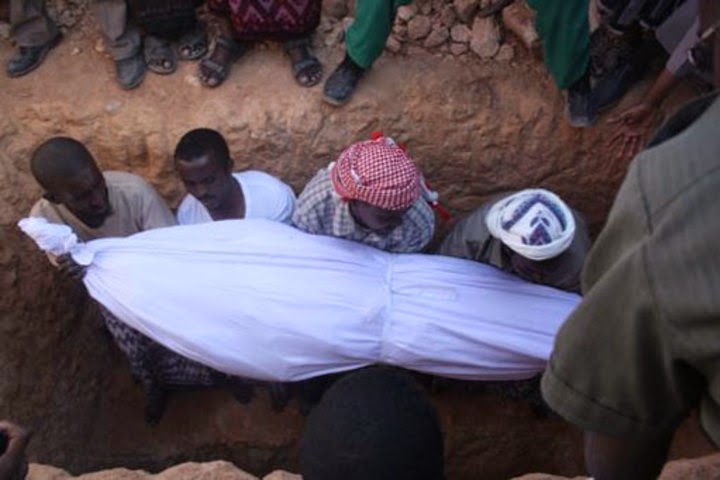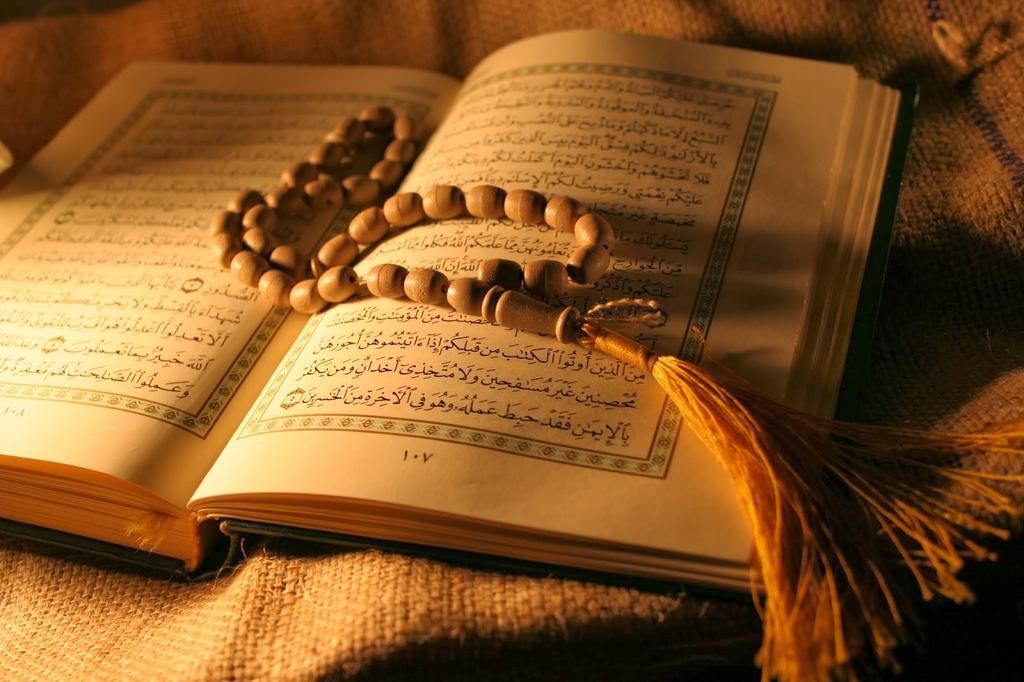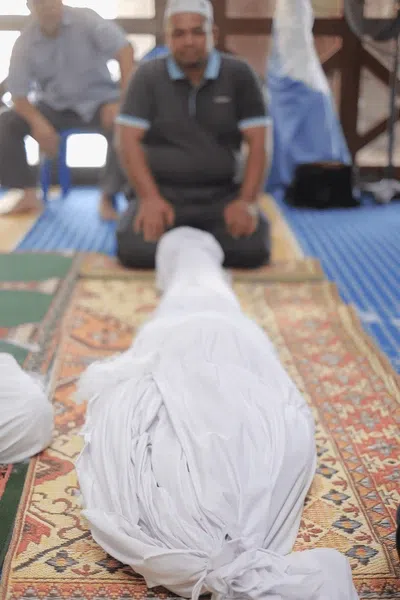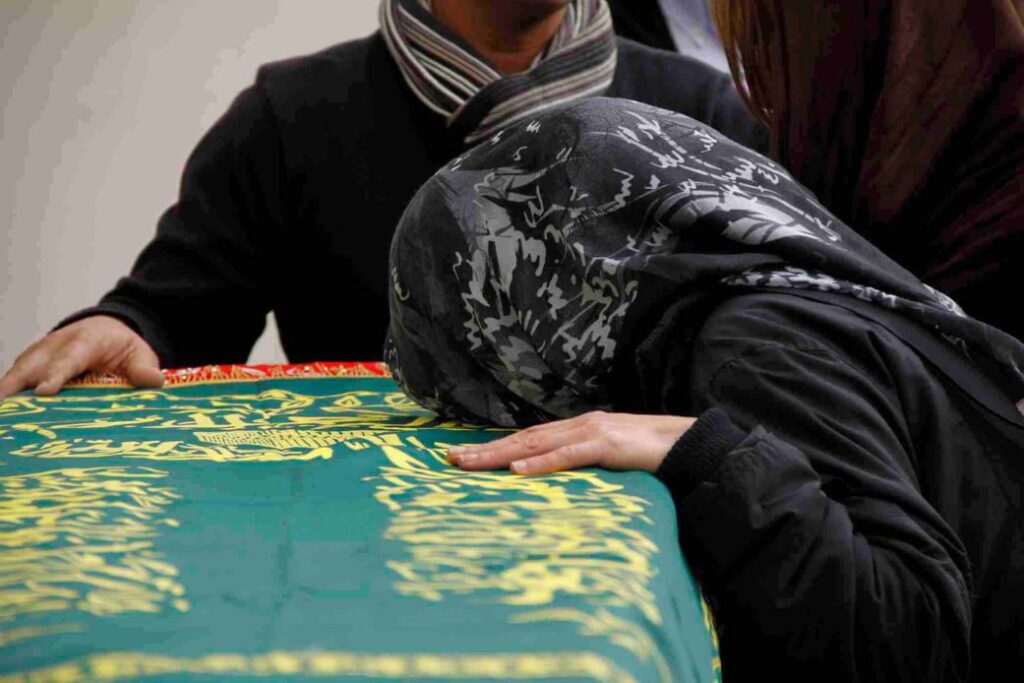Lifestyle
Why Muslims Bury Their Dead Within 24 Hours
Why Do Muslims Bury Their Dead So Quickly? Understanding the Faith and Tradition Behind Immediate Burial

Why Do Muslims Bury Their Dead So Quickly? Understanding the Faith and Tradition Behind Immediate Burial
If you’ve ever had a Muslim friend or neighbour pass away, you may have noticed they were buried the same day—sometimes within just a few hours. No long waiting. No casket viewing. No week-long ceremonies.
To many non-Muslims, this feels fast. Almost too fast. But there’s a deep, sacred reason why Islamic burials happen so quickly, rooted in faith, dignity, and centuries of tradition.
Let’s break it down.
Death in Islam Is Only the Beginning

In Islam, death is not seen as the final end but the start of the soul’s journey to the afterlife. The Prophet Muhammad (peace be upon him) taught that once a person dies, their soul immediately begins the process of transition. Muslims believe it’s best for that transition to begin without delay.
Burying the dead quickly is considered an act of honour—allowing the soul to move on and ensuring the body is returned to the earth clean and at peace.
According to a Hadith, the Prophet Muhammad said:
“Hasten with the funeral, for if it is righteous, you will be taking it forward to what is good; and if it is otherwise, you will be laying evil off your necks.”
This forms the foundation of why Muslims don’t delay burial. Once death is confirmed, every effort is made to wash, pray over, and bury the person without unnecessary waiting.
It’s not a rule meant to rush grief, but a divine order tied to dignity, respect, and obedience.
Death Is Handled With Simplicity and Humility

Islamic funerals are deeply humble. There’s no display of wealth or extravagance. The focus is on prayer, forgiveness, and returning the body to its Creator.
Here’s what typically happens after a Muslim passes:
- The body is washed in a ritual called Ghusl by close family or community members.
- It is wrapped in a simple white cloth called Kafan, with no flashy clothing or makeup.
- A funeral prayer, Salat al-Janazah, is performed—often at a mosque or open space.
- The body is buried directly in the ground, facing the direction of Mecca.
Why the Rush?
Beyond the spiritual reasons, there are practical ones for swift burial:
- Decomposition Happens Fast
In hot climates like Nigeria’s, bodies decompose quickly. Immediate burial prevents unpleasant and unsafe situations. Islam emphasises hygiene and cleanliness, including burying the dead before decay begins.
DON’T MISS: Amazing Health Benefits of Sleeping Naked
- Avoid Unnecessary Delays
Islam discourages holding the body while waiting for relatives or guests to arrive. The belief is those who are meant to attend will arrive in time, and prayers for the deceased can continue even after burial. - The Body Deserves Peace
Just as we seek peace in life, the dead deserve peace in death. Delaying burial, subjecting the body to long waits or cosmetic procedures, is seen as an unnecessary disturbance.
What About Mourning?

Yes, Muslims mourn too, but with modesty. While some may expect loud crying, wailing, or prolonged mourning, Islam teaches quiet reflection.
- The official mourning period is three days, during which family and friends grieve, pray, and remember the deceased—but without overindulgence or showiness.
- Widows observe a longer mourning period called Iddah, lasting four months and ten days, during which they stay home, reflect, and grieve privately.
(Iddah in Islam)
It’s understandable to find Islamic burial customs surprising, especially if you’re used to longer funerals. But what’s important is to understand that for Muslims, this practice isn’t strange—it’s sacred.
Quick burial honours the dead in the way God instructed. While cultures may differ in how they say goodbye, we all share a common desire: to part with loved ones with love, dignity, and meaning.























You must be logged in to post a comment Login